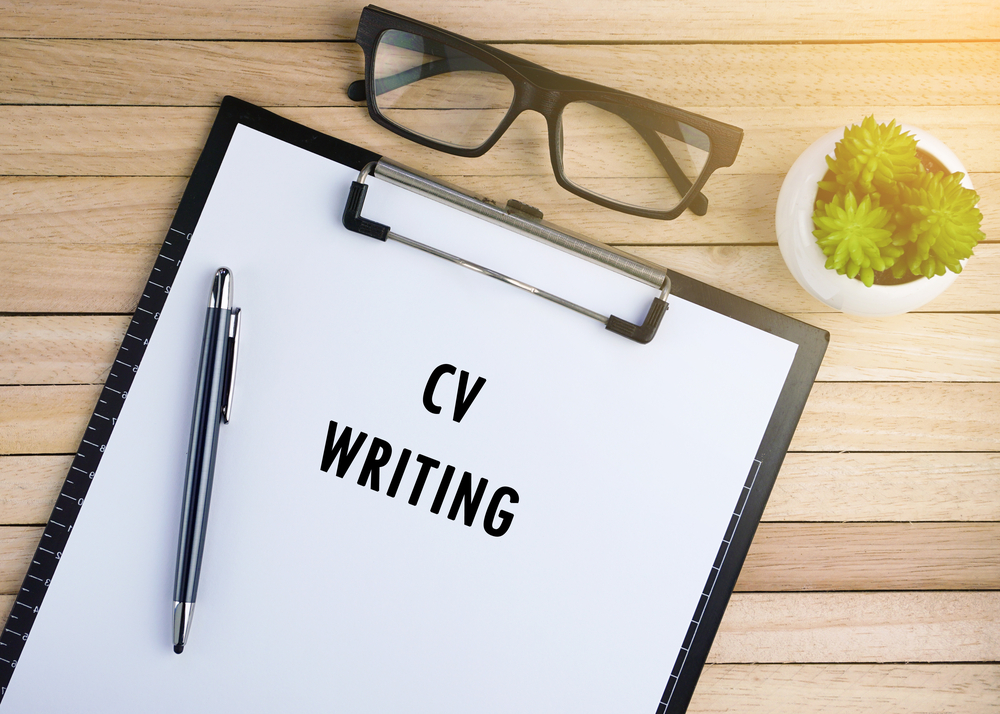Introducing Yourself in a Job Interview
First impressions matter, especially in a job interview. How you introduce yourself sets the tone for the entire conversation and can significantly impact your chances of landing the job. A well-crafted introduction not only showcases your professionalism but also highlights your suitability for the role. In this blog post, we’ll delve into the strategies and techniques to master the art of introducing yourself effectively during a job interview.

Research and Preparation
Before the interview, research the company and the position you’re applying for. Understand the company culture, values, and goals. Tailor your introduction to align with these aspects, demonstrating your genuine interest and enthusiasm for the role. In addition to understanding the company’s mission and values, research recent news, product launches, or any notable achievements.
Incorporating this information into your introduction shows that you’re not only prepared but also genuinely interested in the company’s success. Familiarize yourself with the job description and identify specific skills and experiences the employer is seeking. Tailor your introduction to highlight how your background aligns with these requirements.
Structure Your Introduction
A structured introduction helps you deliver key information succinctly. Start with a greeting, followed by your name and a brief professional background. Highlight relevant experiences, skills, and achievements that are pertinent to the job. Keep your introduction concise and focused, aiming for around 1-2 minutes in length.
Avoid overwhelming the interviewer with unnecessary details. Prioritize the most relevant information, such as your current position, notable accomplishments, and unique skills or qualifications that differentiate you from other candidates. Practice delivering your introduction at a steady pace, ensuring clarity and coherence throughout.
The Elevator Pitch
Craft a compelling elevator pitch—a concise summary of who you are, what you do, and what sets you apart. Keep it brief, engaging, and tailored to the specific role and company. Practice delivering your elevator pitch until it feels natural and confident. Your elevator pitch should capture the interviewer’s attention from the outset. Focus on articulating your value proposition—what you can offer to the company that others can’t. Highlight quantifiable achievements whenever possible.
For example, instead of simply stating, “I’m skilled in project management,” you could say, “I successfully led a cross-functional team to complete a high-impact project ahead of schedule, resulting in a 20% increase in client satisfaction.” Emphasize your passion for the industry or field, conveying genuine enthusiasm that resonates with the interviewer.
Personalize Your Introduction
Inject a personal touch into your introduction by sharing a relevant anecdote or passion related to the industry or role. This not only humanizes you but also makes you memorable to the interviewer. Share relevant experiences or interests that demonstrate your cultural fit with the organization.
For example, if the company values community involvement, mention any volunteer work or extracurricular activities you’re passionate about. Avoid generic statements and clichés. Instead, focus on authentic anecdotes or insights that showcase your personality and values.
Maintain Professionalism
While it’s essential to be personable, ensure that your introduction maintains a professional tone. Avoid oversharing personal information and focus on highlighting your professional achievements and qualifications. Dress appropriately for the interview and adhere to professional etiquette.
Remember to smile, offer a firm handshake (if applicable), and maintain a positive demeanor throughout the interaction. Use professional language and avoid slang or informal expressions. Demonstrate respect for the interviewer’s time and attention by staying focused on the conversation at hand.
Confidence is Key
Approach your introduction with confidence and assertiveness. Maintain eye contact, speak clearly, and project confidence through your body language. A confident introduction sets a positive tone for the interview and instills confidence in your abilities. Confidence is contagious and can inspire trust and respect in the interviewer.
Practice power poses or visualization techniques to boost your confidence before the interview. If you feel nervous, take a few deep breaths and remind yourself of your qualifications and preparedness. Remember, the interviewer is interested in learning more about you, so approach the conversation with self-assurance.
Practice, Practice, Practice
Practice your introduction repeatedly before the interview. Recite it aloud, record yourself, or rehearse with a friend or family member. The more you practice, the more comfortable and polished your introduction will become. Don’t underestimate the power of practice.
Rehearse your introduction multiple times until you feel comfortable and confident delivering it. Solicit feedback from friends, family members, or mentors to identify areas for improvement. Consider recording yourself to assess your tone, pace, and body language.
Adapt to the Situation
Be prepared to adapt your introduction based on the interviewer’s style and cues. Pay attention to their tone and demeanor and adjust your approach accordingly. Flexibility and adaptability demonstrate your ability to think on your feet—a valuable trait in any professional setting. Pay close attention to the interviewer’s cues and adjust your introduction accordingly.
If they seem particularly interested in a certain aspect of your background, expand on that topic to provide more depth and context. Be flexible and responsive to unexpected questions or prompts. Maintain a positive attitude and demonstrate your ability to think critically and adapt under pressure.
End with a Call to Action
Conclude your introduction with a call to action, expressing your enthusiasm for the opportunity and your eagerness to discuss further. This sets the stage for a dynamic and engaging conversation that goes beyond the initial introduction. Conclude your introduction by expressing your gratitude for the opportunity to interview and reiterating your interest in the position.
Invite the interviewer to ask any additional questions or to delve deeper into specific aspects of your background. Close with a confident statement that reinforces your suitability for the role and your enthusiasm for the prospect of joining the team.
Mastering the art of introducing yourself in a job interview is a crucial skill that can significantly influence your success in landing the job. With these tips, you can make a memorable first impression that sets you apart from other candidates. Remember to practice, adapt to the situation, and end with a call to action to leave a lasting impression on the interviewer.
This year is yours to shape – seize the opportunities, embrace the challenges, and chart a course for success in your professional journey. What are you set to achieve in your career in this new year? The possibilities are limitless, and the path to success awaits. This is to your career success in this new year. Check out this career guide and you can also check workplace personality assessment. Take free business courses here.
Do you like the article? Please comment, and share with loved ones. You can as well buy me a drink through this link. You can read more about careers here.




Thank you for the good writeup It in fact was a amusement account it Look advanced to far added agreeable from you However how could we communicate
You may send an email to admin@careeradvice.com.ng